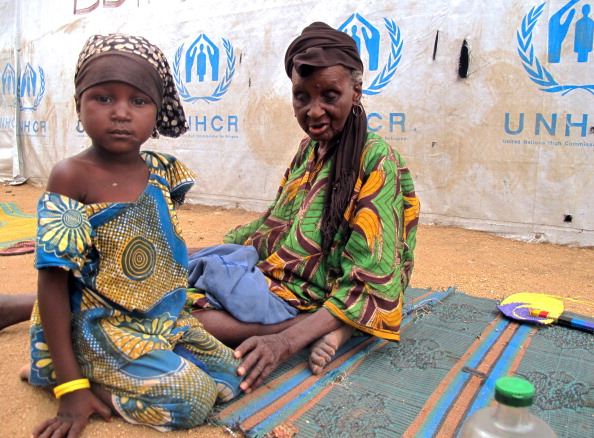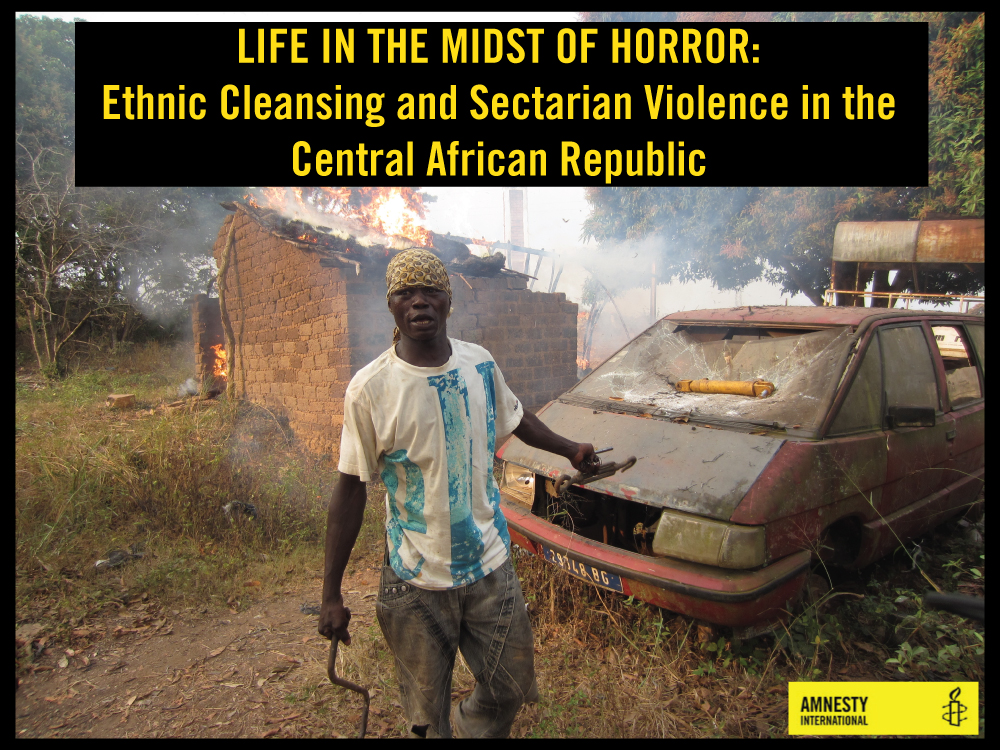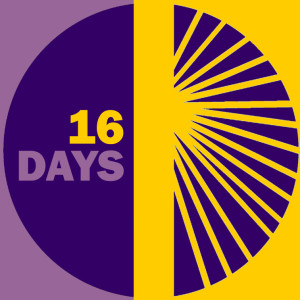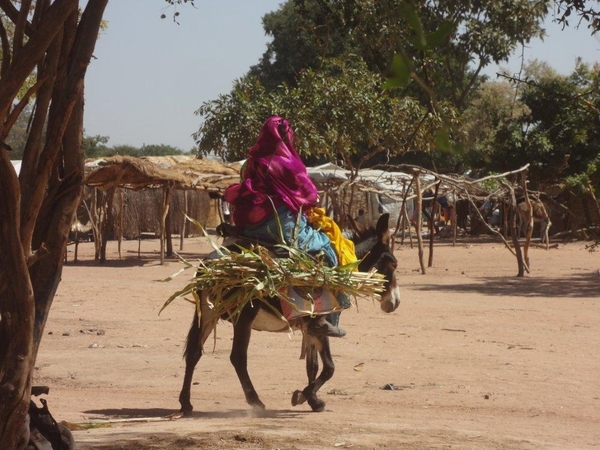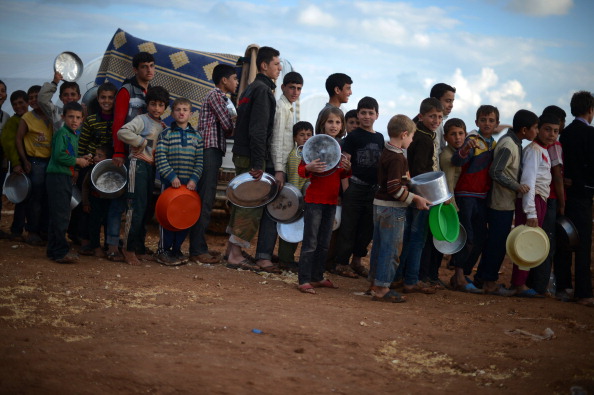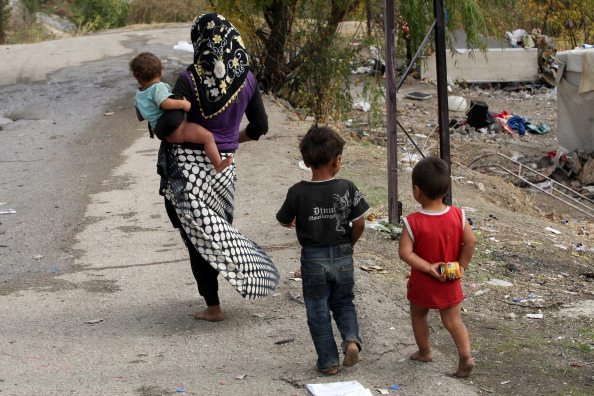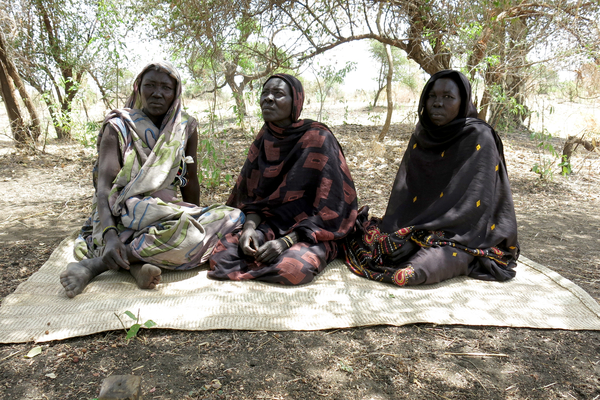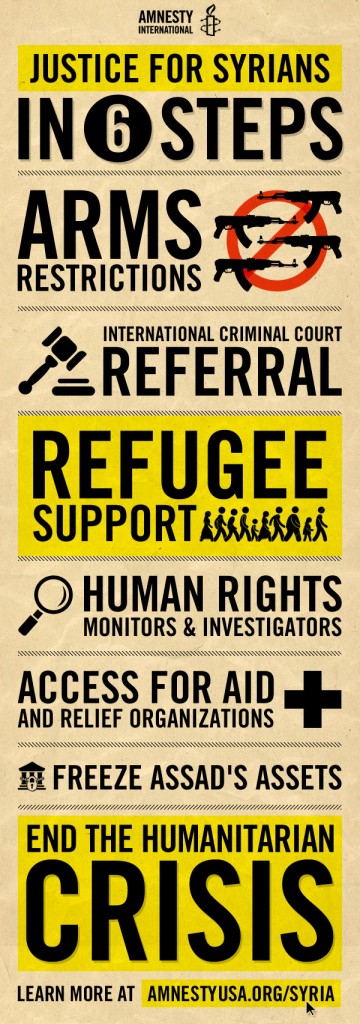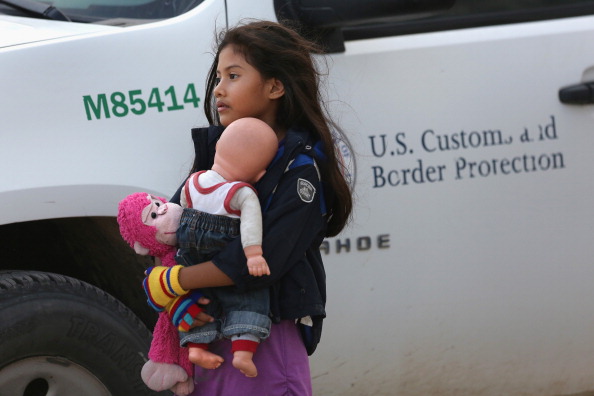
Salvadorian immigrant Stefany Marjorie, 8, holds her doll Rodrigo in Mission, Texas. Tens of thousands of immigrant families and unaccompanied minors from Central America have crossed illegally into the United States this year, causing a humanitarian crisis (Photo Credit: John Moore/Getty Images)
Amnesty International welcomes the positive step of President Obama’s recent meeting with his counterparts from Honduras, El Salvador, and Guatemala regarding the increasing number of children fleeing violence in those countries – with or without their parents.
It is extremely troubling, however, that President Obama continues to assert that his government will return the overwhelming majority of these children to the extreme violence that has driven them to make the dangerous journey to the United States. SEE THE REST OF THIS POST

